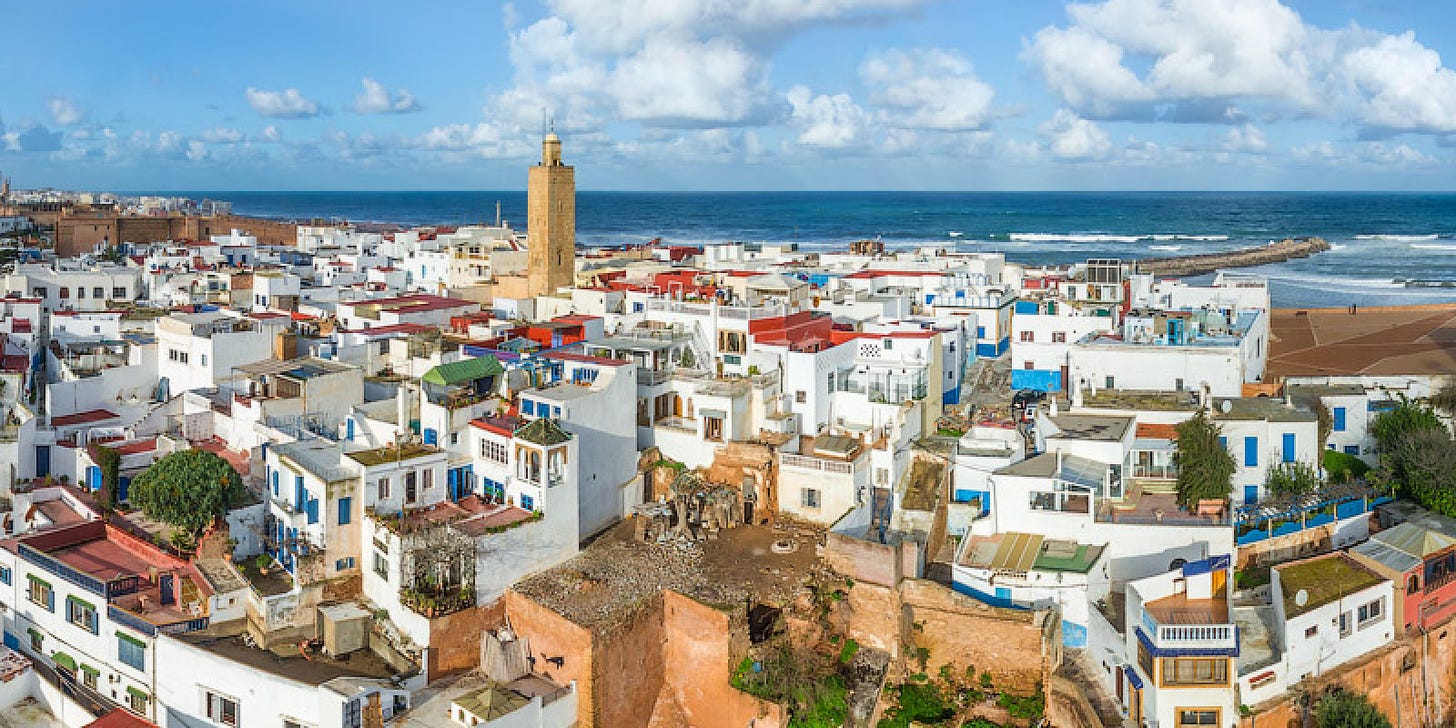Ecosystem Deep Dives #14: Morocco -Blessings & Curses
The Moroccan start-up ecosystem has a lot going for it, but low funding numbers highlight the need for more.

Solid bases
The case of the Moroccan start-up ecosystem is probably one of the most interesting ones we’ve covered yet, due to the sheer complexity of it. On one hand, Morocco enjoys some great advantages and is ahead of many African countries in some aspects. On the other hand, the relatively low funding numbers Moroccan start-ups posted in 2021 shine the spotlight on some of the underlying issues it still suffers from and if solved, could give rise to a very promising start-up scene.
Let’s start with the areas in which Morocco enjoys an edge. It boasts very high connectivity rates, with 93% of the population being connected to the internet according to the Agence nationale de réglementation des télécommunications. The country ranks 3rd in Africa on the World Bank’s Ease of Doing Business Report, behind Mauritius and Rwanda. As a constitutional monarchy headed by King Mohamed VI, Morocco also enjoys way higher political stability compared to its neighbors in both the Maghreb and the Sahel. Morocco possesses a good local IT talent pool which, however, is stretched with some talents leaving to Europe.
Recently, the Moroccan Office des Changes, which regulates foreign currency coming in/out of the country, has made it easier for founders to get a status referred to as "Jeune Entreprise Innovante" that allows startups to have an international card to pay for services abroad of up to $100,000. It does remain difficult for amounts larger than that though. The difficulty Maghreb-based founders face to gain access to foreign currency bank accounts was also one of the main points tackled by the Tunisian Start-Up Act legislation.


